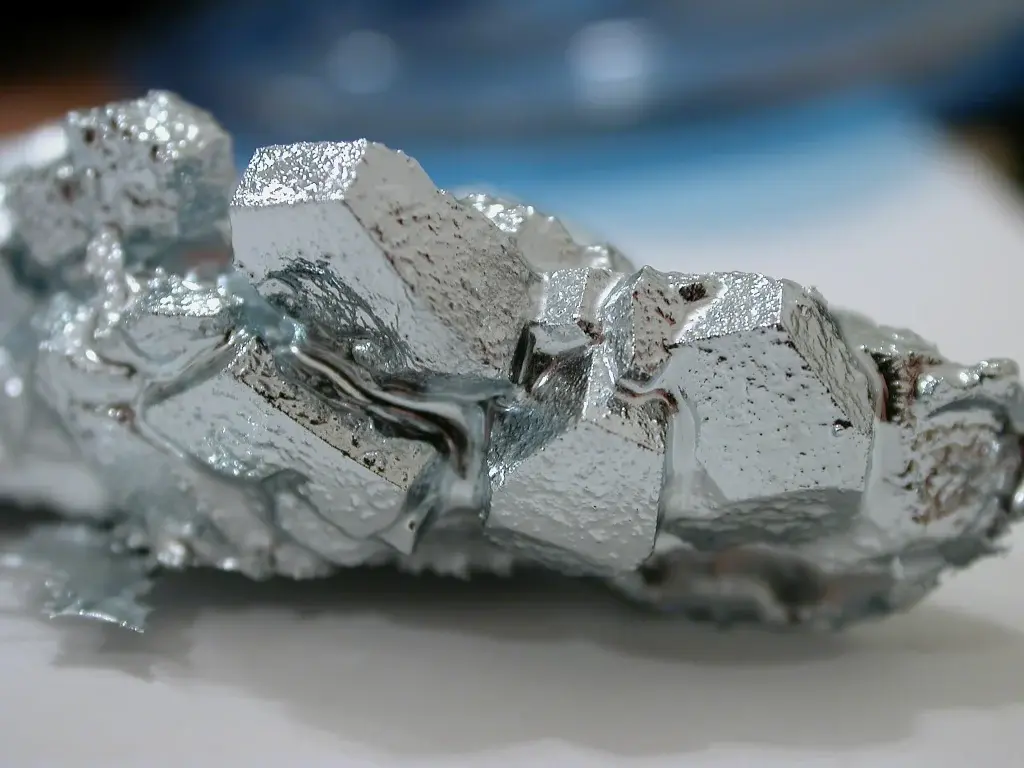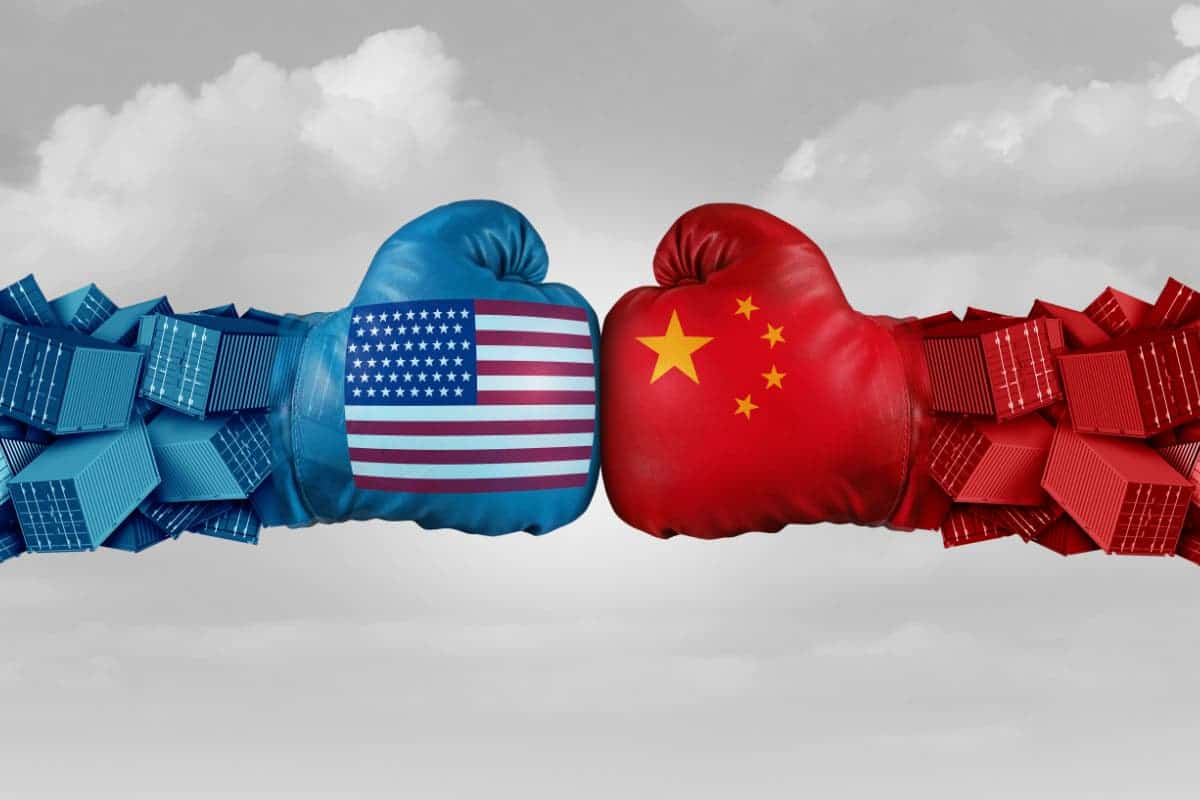Finally, it looks like China is beginning to fight back against sanctions from various countries. The country has recently placed restrictions on the export of two important materials. These materials are mainly used in the production of computer chips. In this regard, we are referring to Gallium and Germanium. This move by China happens to be as a result of its ongoing conflict over semiconductor technology with the United States.
Under this new rule, companies in China need to obtain special licenses in order to export Gallium and Germanium. These minerals are crucial in manufacturing of computer chips and various military applications. Washington has moved to limit Beijing’s access to advanced microprocessor technologies. Therefore, this comes as a response from China.
China dominates the global supply chain of Gallium and Germanium by far. According to Critical Raw Materials Alliance (CRMA) industry body, China produces 80% of the world’s Gallium. The country also produces 60% of Germanium globally.
It is worth noting that these elements fall under the “minor metals” category. This is because such minerals are not found in their natural states. They form as a result of by-products produced by other industrial processes.
Other Countries Nations Have Imposed Export Restrictions on China
Besides the United States, other countries like Japan and the Netherlands, where key chip equipment maker ASML is located, have also placed restrictions on exporting chip technology to China. Analysts suggest that China’s decision to limit the export of Gallium and Germanium is not a coincidence but a response to the chip export restrictions that these countries have imposed. It appears to be a tit-for-tat move, with China indicating that if it is denied access to chips, it will restrict the supply of critical materials needed for chip manufacturing.
There is no denying that China and United States are the two largest economies in the world. For this reason, the growing of conflicts between these two super-powers are beginning to raise concerns. Governments are increasingly adopting protectionist policies. They are hoarding essential materials to exert influence over other countries and secure their domestic industries. This trend reflects a shift away from the previous belief in globalization, where international markets were expected to provide necessary materials.
Dr. Gavin Harper who is a critical materials research fellow at the University of Birmingham has highlighted the potential effects of such activities. He emphasized that this change in approach will have significant implications on Western industries. “Relying heavily on a single country for critical materials like gallium and germanium poses a significant challenge to their existence, he said. “It also exposes vulnerabilities in the global supply chain that can have severe consequences for industries and consumers worldwide,” he added.
Gizchina News of the week
Importance of Microchip Materials Such as Gallium and Germanium 
Gallium Arsenide is a combination of Gallium and Arsenic. It is mainly useful in application of high-frequency computer chips, light-emitting diodes (LEDs) and solar panels. The downside is that only a few companies in the world can be able to produce Gallium arsenic with the right purity for electronics. This makes it a highly specialized and limited material. Just like Gallium, Germanium is also a very essential mineral. It is useful in areas like the manufacturing of microprocessors, solar cells and military vision goggles.
According to Colin Hamilton of the investment firm BMO Capital Markets, there may be some alternatives. He suggested that regional supply from base metal smelters may provide Gallium and Germanium alternatives. However, finding subsidies for high-quality semiconductors will be a challenging task. This is because China largely dominates this sector.
A report from Pentagon also claims that the United States currently have supplies of Germanium. However, the country lacks enough stockpile of Gallium.
Response from the US
Since these new Chinese restrictions will have some effects on the US, it has decided to act quickly. The US Department of Defense is actively working to enhance the mining and processing of critical materials domestically. This initiative aims to support the microelectronics and space supply chain. Hence, ensuring the country’s resilience in the face of supply chain disruptions.
There is no denying that China largely dominates in the exportation of Gallium and Germanium. Nonetheless, there are potential alternatives to reduce dependence on the country. Eurasia Group, a political risk consultancy has pointed out that mining and processing facilities can be found outside China.
Anna Ashton, Eurasia’s director of China corporate affairs and US-China made these claims. She stated that there are already efforts to develop and process alternative sources of Gallium and Germanium. She also mentioned that there is the need to increase recycling and find readily available subsidies.
China and US Semiconductor Microchip Materials Conflict: What are the Possible Effects? 
This conflict may look like it’s between the two nations. However, it goes beyond the nations involved. Such a conflict extends beyond the borders of nations and affects humanity as a whole. Making sure we have the right materials for clean energy and reducing pollution is really important for creating better and more eco-friendly technologies.
The immediate impact of these export restrictions may not be seen soon. However, experts that it is important to closely monitor the situation. There must be awareness and other proactive measures available to address any potential challenges in the near future. This is because such materials play important role in shaping the future of sustainable technologies. In turns, this will impact the daily lives of everyone in various ways.
For this reason, it is essential to prioritize long-term strategies to ensure a stable and reliable supply of critical microchip materials. This will help in the advancement of technological progress and a sustainable future for the world in general.
Via: gizchina.com










